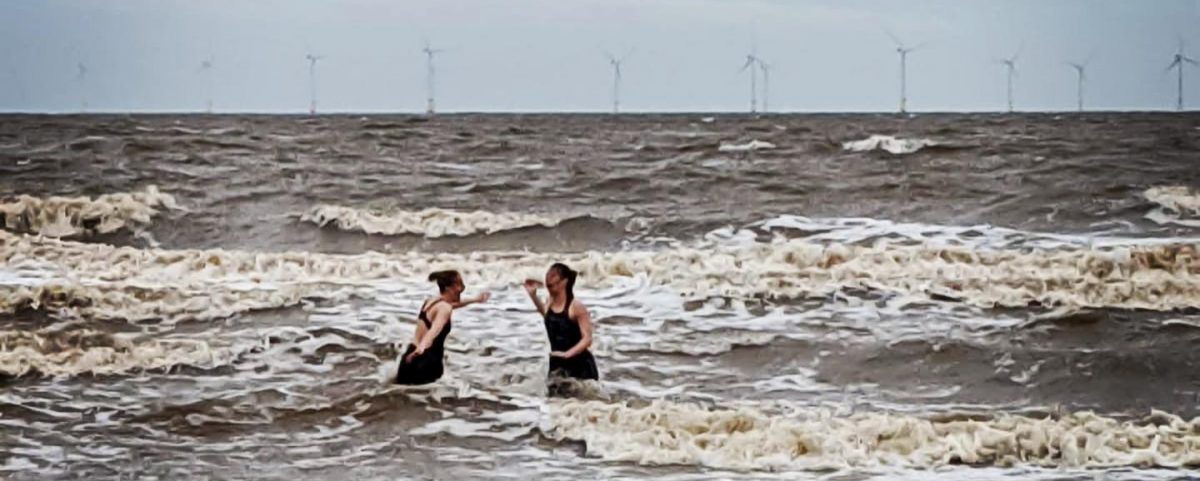In the North of the Kingdom, a young man searches for work from before dawn until after midnight; until his skin loosens on his face and his hairline retreats wearily towards the crown of his head; until his eyes are patterned with red veins and his ears ring, but he finds nothing.
On a particularly gruelling Wednesday, the man leaves his house to think. To his surprise, at the bus stop he finds a large, ugly, purple frog. Its skin is glossy, its eyes are dark and, as the man watches, its thick tongue flicks out to catch an unsuspecting fly before returning to its mouth.
“I can help,” the frog says. The man blinks rapidly but the frog is still there, “Look over there and tell me what you see,” it continues. The man turns around to see a big house with two well-dressed children playing outside. They laugh as their dad chases them inside for tea. In the window stands a beautiful woman with soft, brown eyes and shiny black hair. She waves at the man and he turns away, feeling a familiar pressure behind his eyes.
“I see a happy family,” says the man, but when he turns back, the frog is gone. He marches home, burning with humiliation. That evening, he checks his bank balance, checks the cupboards, checks his emails, and lies with his ear to his wife’s swollen stomach in hope of hearing the heartbeat of his child. He doesn’t sleep.
By his sixth cup of coffee on Thursday, his pulse is pounding in his ears. He walks back to the bus stop. The frog isn’t there so he sits and watches the children at number 16 climb out of their dad’s car and listens as they talk over each other about a birthday party. The beautiful wife greets them on the porch, wearing a beaded dress, the colour of sunrise, and a jewel on her forehead. He feels the pressure return to his temples and blames the coffee. That evening, he drinks whisky instead, falls straight asleep and dreams of the purple frog.
“Is this your country that you live in so unhappily?” it asks.
“Yes,” the man replies. “Can you help me?”
The frog seems to smile. “Tonight, go to their house, dressed in black, bring paper and a brick. Be ready to attack.”
The young man wakes, sweating. He opens the fridge and closes it again. He opens a catalogue and closes it again. He makes another coffee but leaves it on the side. His head pounds louder. He clenches his fists, pushing his nails deep into his palms and gasping briefly at the release but the pressure begins to build again. The clock strikes twelve as he leaves the house.
The frog sits at the bus stop and watches as the man pours his anger onto the paper. He ties it to the brick. By the time the house alarm sounds and the children are crying in their beds, the young man is half way home.
The following morning, the fridge is still empty. His wallet is still empty. He hears his wife’s cries from upstairs. The baby.
At the hospital, they are given a little room off a corridor where the man lets his wife squeeze his hand until it turns blue. When the midwife enters, the man recognises her immediately but the beautiful woman from number 16 doesn’t recognise him. He watches, dumb, for four hours as she carries his wife through her pain. He watches as she makes his wife laugh; as his wife squeezes her hands and calls her by her first name. He watches as the beautiful woman delivers his first born boy into the world.
Driving home, they see the father at number 16 silently usher his children into the house, which now has a star-shaped hole in one window. He looks fearfully up and down the street before passing a hand over his eyes and pulling the door shut.
